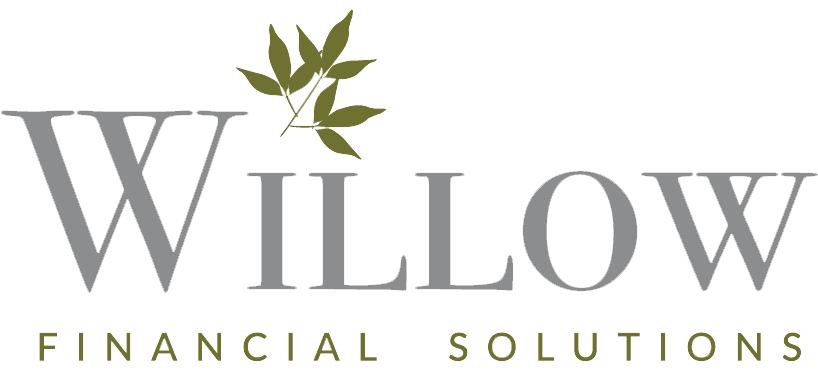
Becky Hammonds of Willow Financial Solutions explains why key man or key woman protection is a vital part of the business insurance mix for business owners, especially when operating in a Covid19 world which could suddenly impact on key members of the team.
Insuring our car, house and even our life is second nature to most of us so why is it that protecting a valuable business asset is something that most business owners frequently overlook?
It could be that it’s because business protection deals with the ‘what if’ factor while entrepreneurs and finance directors work on fact and optimism. But when you consider that in the UK alone one in six people will die before they reach 65 suddenly the ‘what if’ becomes more of a ‘when’.
Essentially business protection insurance deals with protecting your business from adverse financial effects of the death of a key person, partner or shareholder. In small or tight knit organisations every single employee is important but there are also ‘key players’ those people who play a significant if not vital role in the company’s development and without whom the business could be jeopardised.
‘Key man or key woman’ protection aims to protect the business from the loss of these key people through either illness or death by providing the business with enough cash to enable it to survive until such time as the key person has been replaced.
Key people are essential to the smooth running of a business and it may not simply be a matter of replacing the key person. If they are no longer around there may be a significant implication on your profits and may lead to you losing business at least in the short term. As such, it is worth looking at having key person protection to cover the business for loss of profits until such time as you can find a suitable replacement.
Usually, a term assurance policy simply provides funds to deal with the death of a key person. Normally this is a multiple of net or gross profits or two or three times their salary but can be more if linked directly to the risk to the business.
The insurance premiums should not be deducted as a business expense unless this has been cleared as the most effective route by your independent financial adviser. Getting it wrong and claiming as an expense for tax purposes can result in any receipt being charged as income and may not be to your advantage.
For more information contact Becky Hammonds on 07969 269677 or email becky@willowfs.co.uk.





